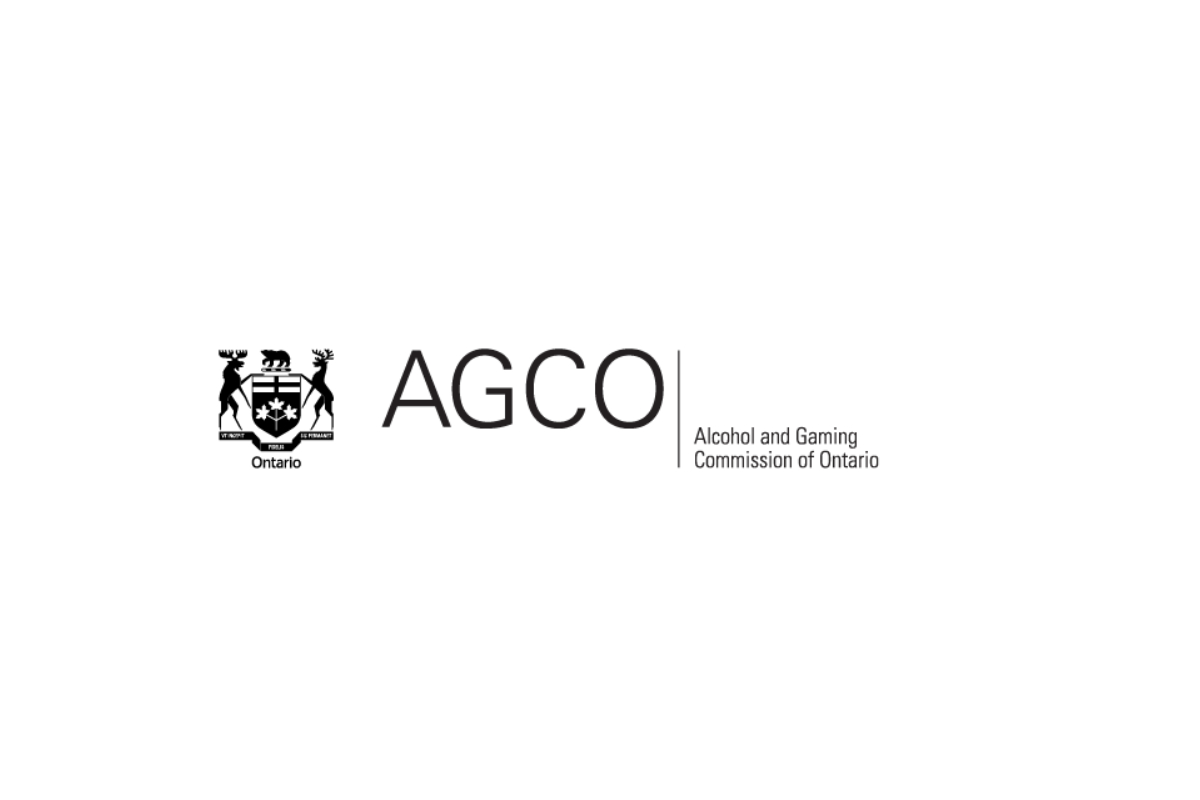
Golden Matrix to Launch Online Casino in Mexico on November 1st
Golden Matrix Group Inc., a developer and licensor of online gaming platforms, systems and gaming content, announced it will launch a licensed proprietary B2C online casino in Mexico on November 1, 2022.
The company said the online casino, MEXPLAY, will feature an extensive number of table games and slots, as well as a sportsbook, and offer tournament competition prizes similar to those offered by the company’s RKings subsidiary in Great Britain.
MEXPLAY’s content will be available in both Spanish and English.
“This represents the next major step by our company to expand its B2C footprint,” said Golden Matrix CEO Brian Goodman. “The recently acquired B2C operations of RKings now account for over 50% of our revenues and over 50% of our profits; similarly, we now expect important contributions to revenue and profit growth from our operations in Mexico. While MEXPLAY offers many traditional and popular online casino games and a sportsbook, it also incorporates the added excitement of the tournament business, which is unique to Mexican gaming and should attract considerable player interest and participation.”
The launching of MEXPLAY fulfills the first objective of GMGI’s strategy to expand its B2C business in Latin American (LATAM),“Slots into first place for most enticing market for the gambling industry.” Following the successful launch of the Mexican casino, added Mr. Goodman, the company will focus on entering additional LATAM markets where gaming is regulated.
Statista recently reported that gross gaming revenue (GGR) of the LATAM betting market is estimated to grow from roughly 1.3 billion USD in 2020 to 3.4 billion USD by 2025. The online GGR in Latin America was roughly 400 million USD in 2020 and is forecast to peak at around 2.6 billion USD by 2025.









